As the Maktub tour swings on through Europe after coming to an effusive end in North America, Husa Sounds caught up with maestro of worldly eclectic sounds Satori, who conducted an eerie, spacey and beautifully rhythmic jam session with his Band from Space last October at L’Astral Theater.
The concert rang with dramatic vocals, instrumental outbreaks worth some long-winded buildups, and electric guitars that oscillated between charming snakes and buzzing blues. Satori & the Band, in their concept and musicality, build bridges – across genres, across nighttime and daytime music, across bands and club sounds, across earthy and cosmic.
HS: First of all, thank you for chatting with us – let’s start by talking about the Maktub [Crosstown Rebels] North American tour and how you’re feeling going into it. Touring with a live band is a recent development for you – what changes have you observed in the reception to your shows?
Satori: If I think of it in terms of time, a concert can happen at 9pm but nightlife starts at 1am…so the last few years, I’ve only been performing after 2am in the night. But I like to see my music as not only something for club and nightlife culture. I have so many listeners on Soundcloud and Spotify, and my music is being listened to so many times during the day… But my lifestyle and the way I structure it is not at this moment for a 9pm time because it’s more for dance.
HS: …So youre creating the link between the two
S: Exactly, yeah. With the band we’re bringing musicians on stage but we’re also forcing me to play more instruments on stage. Also, putting me in a 9pm timeframe, which means concert halls and these types of things. In these venues, people are appreciating music in a more serious way, they’re standing still and just watching the performance. In the night, there needs to be a certain energy, a certain kind of climax and tension and I love that, I want to do it for the rest of my life. But there’s more into my music and there’s also more into my crowd. My crowd is also daytime, also standing still and enjoying the performance. So by bringing musicians on stage I’m creating a platform not just for myself but for my fans to experience my music in a different way. I have so many fans that say ‘sorry, but I don’t go to clubs, I don’t like the nightlife, I’m too old’ or something like that…
HS: In developing this live show, did you encounter any initial barriers to developing this project? What challenges did you need to overcome to make this project happen?
S: there were so many moments where I wanted to stop it. Moments where it just didn’t excite me or fulfil me. With my solo life, I have the freedom to improvise, I can go on stage and follow my instinct, and follow the energy in the room, or maybe even change it. So when I started with the band, we were just playing things we rehearsed, and it was so boring and extremely predictable. It felt like a school band that needs to graduate with a certain performance. It didn’t excite me at all, it was very predictable and boring… There were moments where I wanted to stop it, there were moments where I realized if I were to do it alone it would be better than with the band.
HS: But you managed to get the best out of both those performance styles and move the project forward though, because you’re still touring with a live band…
S: For me, it was actually about finding a way of how I could maintain the live-ness and adventure I’m on when I play alone – because it is an adventure; how can I maintain it with other people on stage? So that means there are a lot of parts that we don’t rehearse. There are so many moments where my musicians ask me ‘hey should we make some rules about what we’re gonna do here’ and I say ‘no, we don’t.
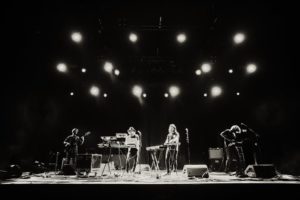
HS: So the key is integrating an unstructured approach.
S: Yeah. A lot of it yeah. So, structure of course because you’re with musicians and you need to make rules. But theres also an unstructured part, for example tonight we’re going to play two tracks we’ve never played before, we didn’t even rehearse. Everybody just kind of figured it out. And that’s the way I play along, and I want that
HS: Maktub means ‘it is written’… Could you shine some light on the story behind this album and all its genres… We have so many different musical influences, we have a bit of gipsy, some blues, some folk music, even some swing at some points… Do you actively think of preserving that genre balance or does it happen naturally?
S: When I think about different influences in my sets, yes there are so many choice nowadays and we have so much access to so many different genres. And music instruments and software gives us all the tools to combine it. So the trap is that it becomes too eclectic, with random genres in one. I don’t wan’t that, it’s still important that there be a certain common sense, a certain red line and harmony in it. The way I like to approach it is a bit philosophical and romantical – my father is from Serbia and if you think about Balkan music, it’s very influenced by Oriental music… Turkey, Egypt, Greece, Syria… a lot of inturments are the same. Balkan music is very strong for me, I was raised with it. And my mother’s from South Africa, that’s the tribal percussion jumping spiritual type of music. So I like to see my live set as a dance between my mother and father, and that’s whats in my DNA, my backbone – and I always try to evolve from that, there’s always this common sense, these two pillars, its very strong.
HS: What do you think is the role of history in contemporary electronic music?
I think its essential because it gives meaning to the performance – nowadays, you see this ethnic shamanistic oriental stuff and then you see this whitey playing Oriental music but you don’t feel it, and it’s just because it doesn’t come from DNA. History and realizing what’s in your roots and what is your world and how you bring that and translate it to a crowd is essential to make the music come alive. We have the tools to download everything, you can go to Youtube and download the shamanistic samples… And at the end it can be very empty, and people will feel that. Trying to give something from your world, and history is essential to be alive.
HS: Speaking of samples, you have a very eclectic collection – where do you source them from?
S: I don’t know… All around, sometimes I’m watching a movie and I stop – ‘oh shit that sound is cool’ – and I’ll record that sound.
HS: Do you find that by reacting like that often you ear is more attuned to hearing them in your everyday surroundings?
S: Yes its like that – when you’re into this, you are 24/7 focused on it. Because it’s so important that you are obsessed by it so that your whole world becomes a big sample package. But again, not randomly, just do the things that really resonate with you and try to find a bridge between these things. So if I’m listening to something and I hear a super nice Japanese tsuchibue – and then the next week I’m in a restaurant and suddenly I hear a percussion, then I try to find a bridge between them, it’s so important… If you’re obsessed by it the world can become your sample package, but don’t randomize it. It has to make sense, know whats your history, culture, what you like.
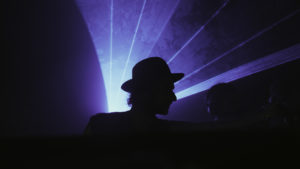
HS: You isolated yourself to make Maktub, in Belgium. What role does solitude play in your music and what can it bring out that nothing else can?
S: I was isolated, there was a moment when there was a snowstorm and I couldn’t even go out to get food for two days, it was super nice but at that point it was really scary… Wow I don’t know actually, I’ve never really thought about it… I needed it, I needed to be alone. The next time I take off in January for four months until April, and in February I go with the band to a house in Belgium or whatever… so then I’m not alone. I think it’s not even about being alone but it’s about waking up and going to bed in your studio that creates a certain extreme obsession with what you’re doing. Because I’m literally working on a track and falling asleep on my keyboard, and I’ll lie down next to it and nap for a few hours and wake up and continue. There’s no 9 to 5 because there’s no time, no time structure. You work and if you get tired you got to sleep and then you work again. I love this extreme obsession for the project. Nowadays people go to the studio, or even for you as a writer, have the phone ringing and so many distractions and you’re never able to have this extreme obsession…
I work thematically. I decide a theme, which is Maktub in this case. And maybe it’s not that different from an actor: if one needs to play an alcocholic, he’s gonna move into rehab, live with these people to be like them. Because I work very thematically I want to become the project. The only way to do it is waking up with it and going to bed with it
HS: Speaking of themes, we recently had an amazing live set by Acid Pauli that was a tribute to Leonard Cohen, at MUTEK Montreal. I was wondering if that’s a thought you ever entertained, a tribute set with a specific theme.
S: I’m afraid if I tell you someone will steal it…but I do.
HS: How do you cope with the changing trends in the industry, do you ever feel pressure to direct your sound in a different way, towards perhaps a higher tempo?
No… I don’t really want to be a follower, honestly no. I do whatever I want. I feel like a lonely wolf in this whole thing, you think about the slow house and downtempo… A lot of people are downtempo and they sound downtempo. If you check BPM levels yes my music is at 105 bpm but sometimes sounds faster than a techno DJ because I realize it’s not about BPM it’s about dynamic. Speed is relative, so you can put me after a 130 bpm techno artist and I would still survive, I know how to make it very dynamic. But there’s certainly positioning and festivals need to make a nice timetable where everybody can do their thing.
HS: Its also a way to stimulate people, you propose something different and they get caught by it…
S: It usually works, I’ve never had a crowd who seemd to want me to play faster, or a promoter. I get the opposite – sometimes people come to me and they say ‘wow you played so fast’ and they check the BPM which was so slow.
HS: You’ve started using your own vocals, is that something that you’re still experimenting with?
S: My first instrument was a guitar, I remember singing and writing lyrics in my bedroom, a super traditional way of making music, but I never saw myself as a singer it was just nice to do it, and then I was into electornic music and that doesn’t have lyrics of course, or vocals, so there was a point where I missed expressing me being a songwriter and stuff, because I like poetry a lot, but I don’t see myself s a singer, it’s not like you can give me a guitar and I can just rock it. Its more that I want to tell a story.
HS: …And vocals are a way to do that
Of course, if you take Hiphop, these rappers aren’t singers but they’re telling stories.
HS: If you could send a record to space, any record, what would you send?
S (pauses to think for a long while, for what seems like the first time this interview): Acid Pauli because on one side it represents planet earth and on the other side it represents space. It’s like both coming together in that record.
HS: Love that, they would definitely understand something…
S: …Yes, and they would hear something from the world, from our world. But it would also speak the language of the aliens.
We wrap up, and Satori says merci. I walk away smiling at the spontaneity and honesty of answers from an obsessed and possessed artist.
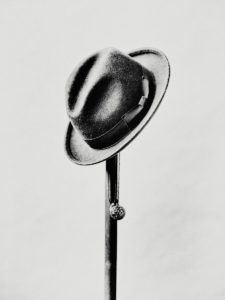
Article by Lola Baraldi
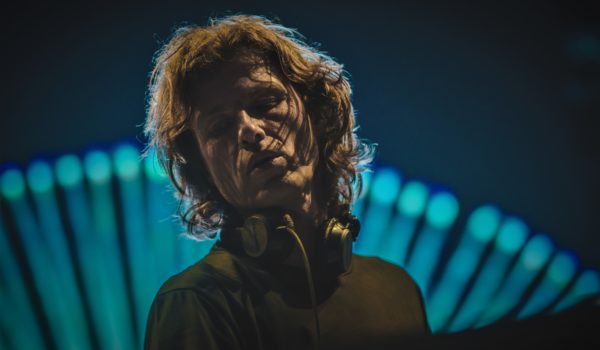
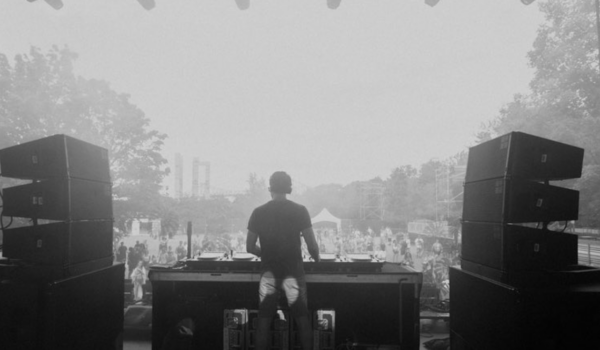
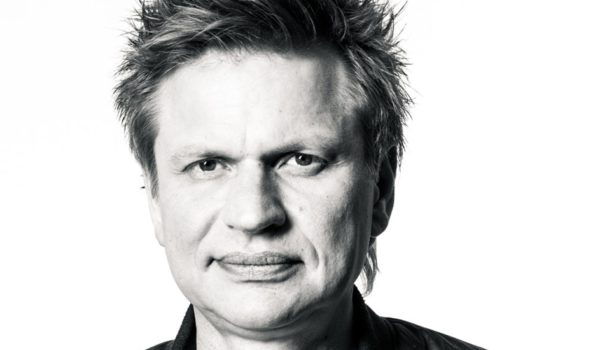
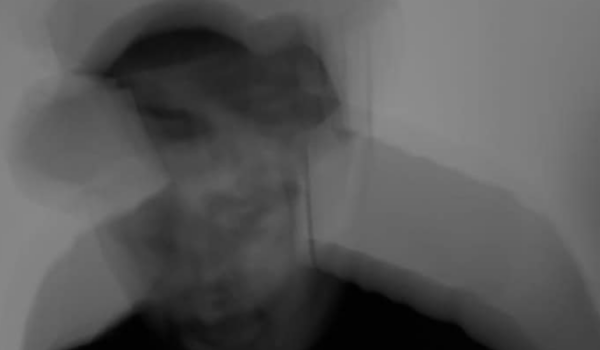
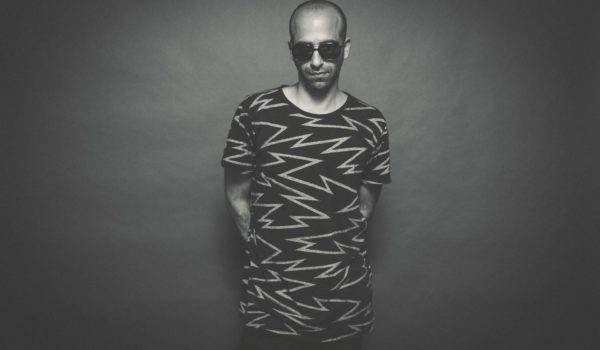
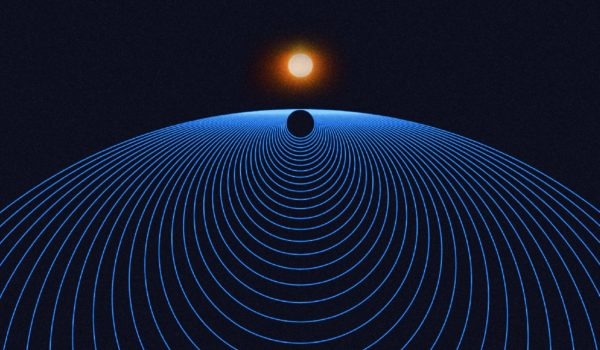
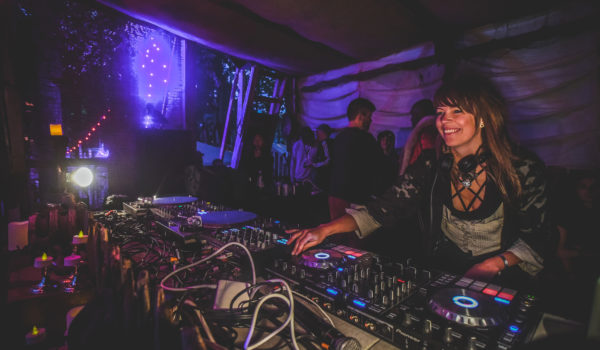
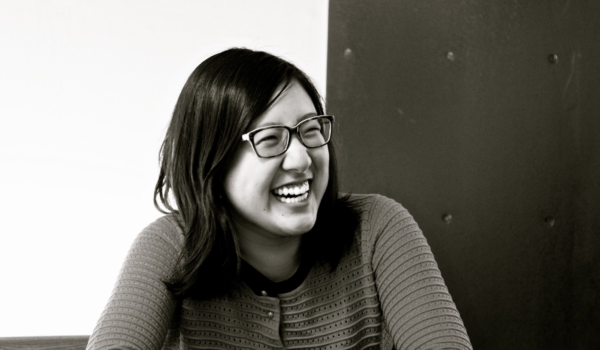

Comments